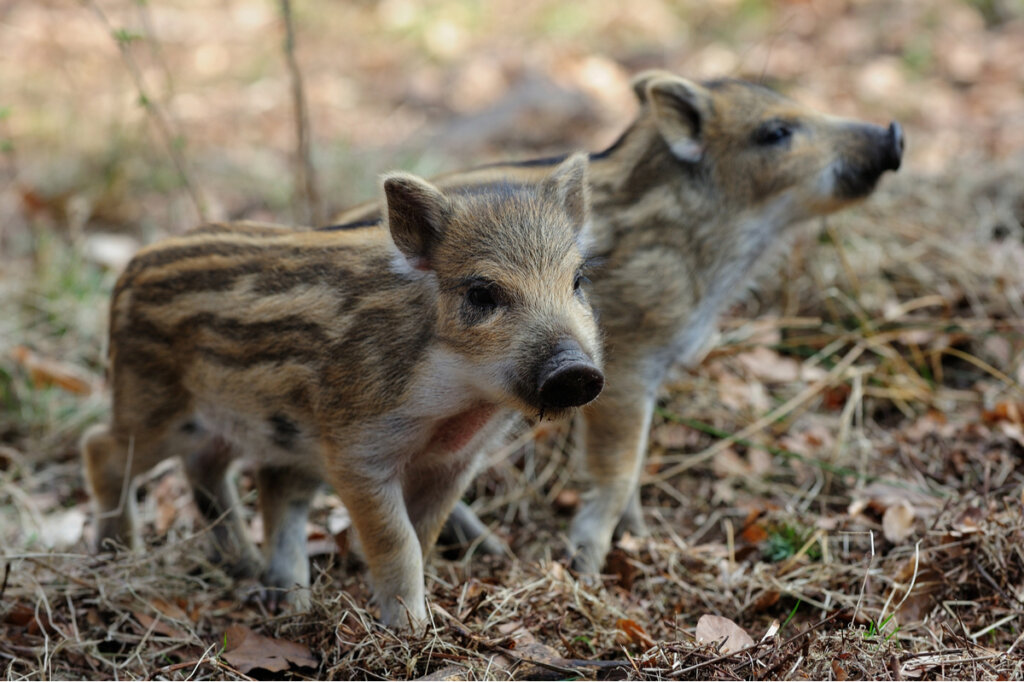Re: The oddities of Basque
Posted: Sun Sep 05, 2021 8:26 am
No, why would I say that? If anything, I’m saying that conlangs can become more naturalistic by having a productive derivational morphology.Talskubilos wrote: ↑Sun Sep 05, 2021 8:26 amSo you're basically saying PIE behaves like a conlang, are you?
It happens that "speckled" isn't a salient characteristic of piglets, but rather of boar cubs.Rounin Ryuuji wrote: ↑Sun Sep 05, 2021 8:24 amAnd you couldn't explain that? Also, naming animals for a trait they have is not particularly uncommon — both Sinitic and Japonic appear to have onomatopoeic words for "cat", for example; we also have animal names like rusty spotted cat, ant-eater, and so on in English — so an explanation of why you find it ridiculous would also be in order, as is an apology.

The thing is the +2000 lexical items reconstructed for PIE haven't got the same Ablaut nor derivative patterns, IMHO because they belong to different linguistic strata.
Examples, please?Talskubilos wrote: ↑Sun Sep 05, 2021 8:36 amThe thing is the +2000 lexical items reconstructed for PIE haven't got the same Ablaut nor derivative patterns, IMHO because they belong to different linguistic strata.
Would those be multicoloured boar cubs?
Yes, that's right.
If anything, your ad hoc protoforms of all kinds of alleged wanderwörter are constructed.Talskubilos wrote: ↑Sun Sep 05, 2021 8:26 amSo you're basically saying PIE behaves like a conlang, are you?
It could be so if "Kurgan" (or any body else who spoke "PIE") people didn't domesticate the animal and imported piglets from elsewhere without the corresponding loanword.Rounin Ryuuji wrote: ↑Sun Sep 05, 2021 9:18 amSo "multicoloured" shifting to "young pig" is an entirely plausible etymology.
as you said before, you don't believe the findings of IE-ists, nor their arcane tomes, nor their isolationist findings.
[citation needed]Talskubilos wrote: ↑Sun Sep 05, 2021 11:17 amIn long-range comparisons, it's far easier to pick Wandewörter rather than true inherited lexicon (excluding chance resemblances, of course).
just so I'm clear (and thank you for explaining further to avoid confusion), earlier you said Nakh was the origin, and now you're saying its an intermediate; did you change your mind?Talskubilos wrote: ↑Sun Sep 05, 2021 12:58 amPerhaps I didn't explain myself well enough. On the one hand, we've got an "apple" Wanderwort in several languages, and on the other IE *meh₂l-o- 'apple'. The Nakh-Daghestanian word would be the "missing link" between both.
oh so thats what happened to that conlang I left printouts of, those thousands of years ago...Talskubilos wrote: ↑Sun Sep 05, 2021 8:26 amSo you're basically saying PIE behaves like a conlang, are you?
where do you think pigs came from? also, many pig breeds - extant and extinct - have been mottledTalskubilos wrote: ↑Sun Sep 05, 2021 8:33 amIt happens that "speckled" isn't a salient characteristic of piglets, but rather of boar cubs.Rounin Ryuuji wrote: ↑Sun Sep 05, 2021 8:24 amAnd you couldn't explain that? Also, naming animals for a trait they have is not particularly uncommon — both Sinitic and Japonic appear to have onomatopoeic words for "cat", for example; we also have animal names like rusty spotted cat, ant-eater, and so on in English — so an explanation of why you find it ridiculous would also be in order, as is an apology.
I don't see why that's necessary. Say you have a word for "cat" because your people have seen cats, but your people haven't domesticated cats. Domestic cats reach your people, yet you already have a word for "cat"; is there any reason you would necessarily borrow a word for "domestic cat"? Maybe, but maybe not.Talskubilos wrote: ↑Sun Sep 05, 2021 11:15 amIt could be so if "Kurgan" (or any body else who spoke "PIE") people didn't domesticate the animal and imported piglets from elsewhere without the corresponding loanword.Rounin Ryuuji wrote: ↑Sun Sep 05, 2021 9:18 amSo "multicoloured" shifting to "young pig" is an entirely plausible etymology.
Really confused by what you mean by this, since derivation is a process in all natural languages as far as I know.Talskubilos wrote: ↑Sun Sep 05, 2021 8:26 amSo you're basically saying PIE behaves like a conlang, are you?
Salish languages work in a similar way. For example, the Squamish word for "water", staqʷ, is derived from taqʷ "to drink" plus the nominalizing prefix s-. So its definitely a feature that occurs in attested languages and not just reconstructed ones like PIE.Pabappa wrote: ↑Sun Sep 05, 2021 1:27 pm PIE is typically described as being heavily based on verbal roots, though, even for truly elementary concepts like fire, water, frogs, weather, and people. As Ive said further upthread, I think people go a little too far in trying to break down even these very fundamental concepts into preexisting compounds, such as saying that "night" is derived from the word for "naked" .... but with a less than convincing argument for the semantic shift. Yet, the structure of these proposed etymologies is not in doubt ..... you would have to argue against the whole of PIE scholarship if you think that words for basic concepts were not derived through vowel ablaut from preexisting verb roots.